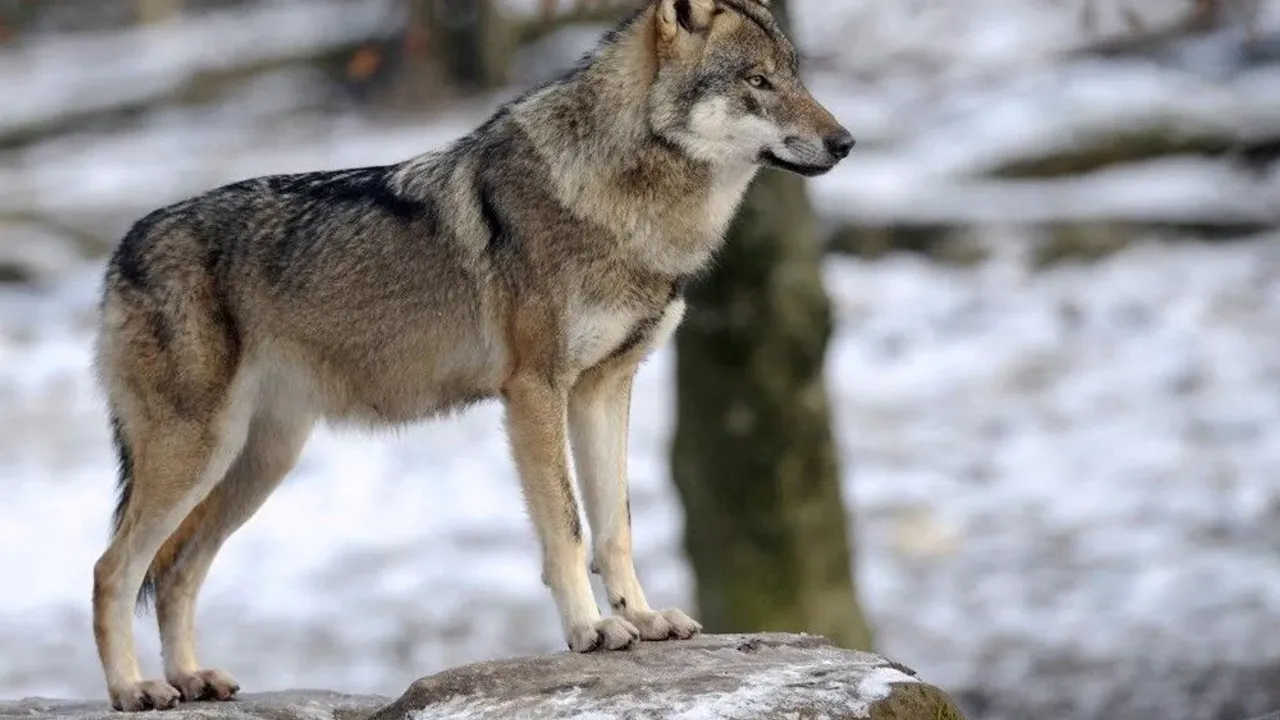The claim received over 2 million views. It is also seen that the claim has been circulated by other social media accounts.
→ The findings of the study were presented at the annual meeting of the Society of Integrative and Comparative Biology in January 2024.
→ Research by Cara Love and colleagues reveals that wolves living around the Chernobyl nuclear power plant mutated their genes to develop immunity and resistance to cancer.
→ Love and colleagues hope that the study may eventually identify proactive mutations that could improve people's chances of survival in the fight against cancer.
The Most Serious Accident in Nuclear Power History: Chernobyl
The April 26, 1986 nuclear reactor accident at the Chernobyl Nuclear Power Plant in the Soviet Union (now Ukraine) is considered the most serious accident in the history of nuclear energy. The explosion and subsequent fire in the fourth reactor caused a massive release of radioactive material. The accident had long-term effects on both the environment and human health. Immediately after the accident, a large area around the reactor was evacuated. This area, known as the "Chernobyl Forbidden Zone", was closed to human habitation. The health effects of the accident have continued to be studied over the years. The Chernobyl accident led to a review of nuclear safety standards and increased international cooperation. The causes of the accident include design flaws and inadequate training and poor judgment of the personnel operating the reactor. The cleanup and remediation after the accident took decades, and there are still some ongoing efforts to manage some of the impacts.
At Chernobyl, wolves develop cancer-resistant cells
A search on the claim in the post yielded many news articles. They refer to the work of evolutionary biologist Cara Love from Princeton University. Love presented this work at the "Society for Integrative and Comparative Biology Annual Meeting (2024)". The study, titled "Multilevel examination of radiation stress and signatures of selection in Chernobyl wolves", was conducted by three other researchers besides Love.
The study emphasized that examining the complex relationship between contaminant exposure, physiological responses and evolutionary changes in wild populations is critical to understanding the effects of human-induced environmental change. In this context, the results of generations of radiation exposure to gray wolves living in the Chernobyl Exclusion Zone, where public access and settlement is prohibited, were investigated. The study found lineage-specific differences in several genomic regions that overlap with genes linked to cancer physiology. As a result, it was found that wolves living in the Chernobyl exclusion zone genetically mutated their immune systems and developed a certain level of resistance to cancer.
According to the studies, wolves living in this environment are exposed to 11.28 millirems of radiation per day throughout their lives, more than six times the accepted safe radiation limit for humans. Love and his colleagues also note that unlike normal wolves, their immune systems are similar to those of humans undergoing radiation therapy. Although events such as COVID-19 and the invasion of Ukraine have prevented them from traveling to the region in recent years, the research team hopes that the study could eventually identify proactive mutations that could improve people's chances of survival in the fight against cancer.
Conclusion;
The claim that Chernobyl worms mutated by radiation and developed immunity to cancer is true.












